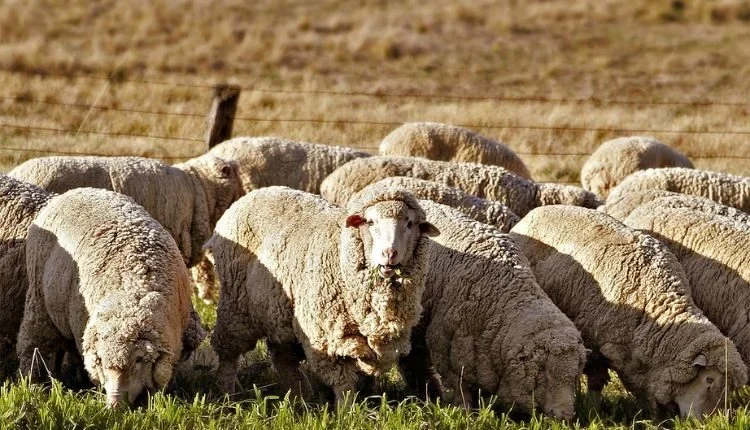Sheep rearing: Why is the Panchali breed of sheep special? Know about the price and its features
Panchali breed is mainly reared for wool, meat and milk.
Compared to other livestock, sheep rearing costs less and farmers do not have to make much effort to live and feed it. Sheep rearing is a good way to increase the income of small farmers. There are many different breeds of sheep and accordingly their price is also decided.
The total number of sheep in India is about 74.26 million, which is 12.71 percent of the total domesticated animals. India ranks third in the world in the number of sheep. Of the sheep found in the country, 44 breeds have been registered so far. Out of these, a breed of sheep is ‘Panchali’. Panchali is also known by other names like Dumma, Dooma, Baraiya, Panchali-Dumma, Dumi Desi etc. Today in this article we will give you information about the Panchali breed of sheep found in Gujarat.
It is mostly found in Surendra Nagar, Rajkot, Bhavnagar and Kutch areas of Gujarat. This sheep is mainly reared by the Rewari and Bharwad communities here. These communities keep moving from one place to another in search of fodder along with sheep for 8-10 months of the year. They come back to their original habitat only during 2 to 4 months in monsoon. During the tour, they mainly live around Kheda, Nadiad, Anand, Ahmedabad and Vadodara districts.
What is the specialty of Panchali sheep?
This sheep is white and huge in size. The colour of its face and head is light brown, black-brown or black. Male and female sheep of this breed do not have horns. The face is raised and the ears are long and drooping leaf-shaped. There is no wool on their face, head and belly. Their wool is thick. Its tail is also thick, hence it is also called Dumi.
This breed is mainly reared for wool, meat and milk. One sheep gives half to one and a half kilograms of milk per day. On an average, one kilo of wool is produced from a sheep. The weight of its lamb at birth ranges from 3.5 to 4 kg and in 3-4 months it increases to 18 to 20 kg. Sheepkeepers can get a good income by selling such lambs. When adult, the weight of male sheep is 53-82 kg and that of female sheep is up to 32-73 kg. By the age of 12-15 months, female sheep are conceivable and about 16 percent of female sheep give birth to twins.
Few things to keep in mind in sheep rearing:
If you also want to get extra income from sheep farming, then keep these things in mind-
- In the beginning you can start sheep farming business with 20 female and one male sheep.
- Usually the price of sheep is between 3-8 thousand, depending on their breed and age. It will cost up to 1 lakh to buy sheep.
- To accommodate 20-21 sheep, a 500 square feet enclosure should be prepared, which should be open and ventilated.
- It will cost 30-40 thousand to prepare the enclosure.
- Pregnant sheep should be kept separate from other sheep, as they are afraid of injury. 3-4 conceived sheep can be kept at one place. Other sheep can be kept together as they do not fight among themselves.
- Leave the sheep to graze for 6 hours. It eats weeds.
- Take special care of the sheep during pregnancy and after that, when the lamb drinks milk. Give them nutritious food. Whereas before breeding, give more amount of feed.
Contact us: If farmers want to share information or experiences related to farming with us, then they can do this by calling us on the phone number 9599273766 or by writing an email to kisanofindia.mail@gmail.com or by sending your recording. Through Kisan of India, we will convey your message to the people, because we believe that if the farmers are advanced then the country is happy.

